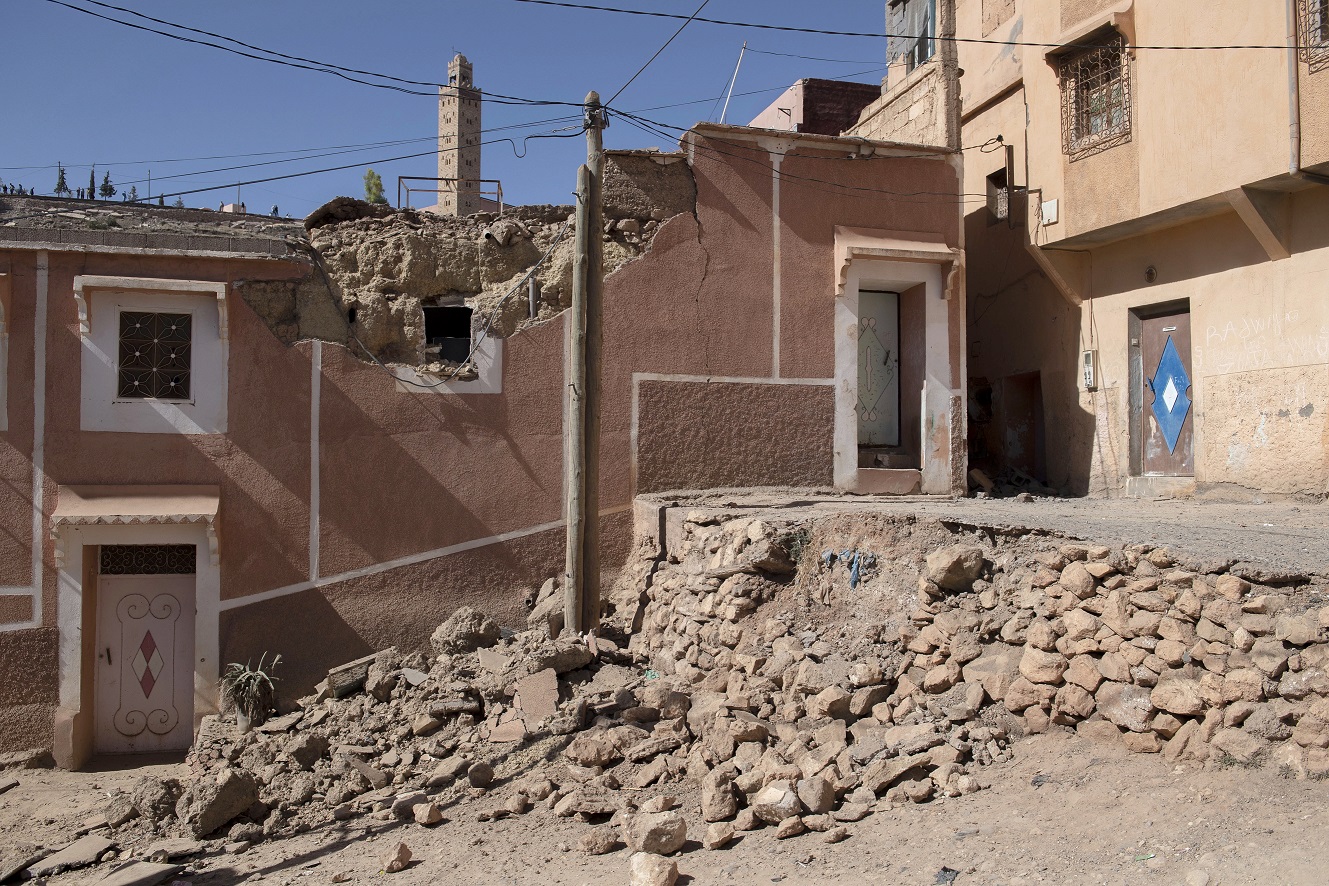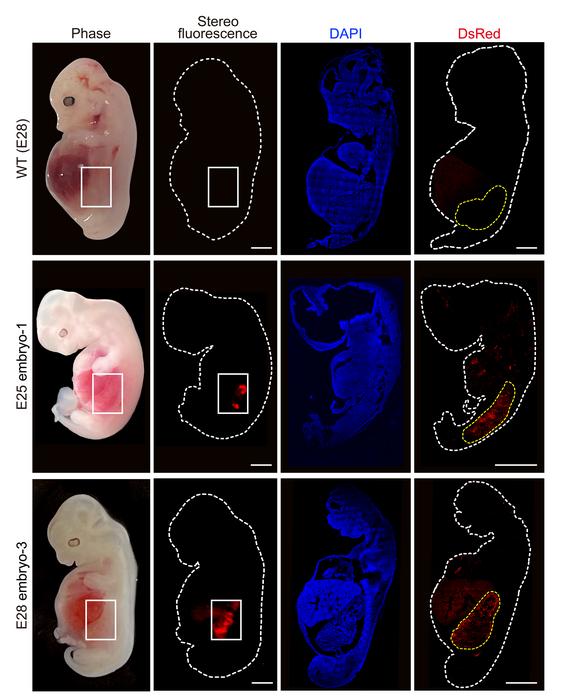Continuous or split school day: data, studies and evidence
Every school year in Spain, the debate returns about what kind of timetable schools should adopt: is it better to concentrate all teaching hours or to have a lunch break and extend the time spent at school? In this first issue, we bring together research on the effect of each type of timetable on students' performance, rest and socio-affective well-being, as well as the available data on public and charter education.









